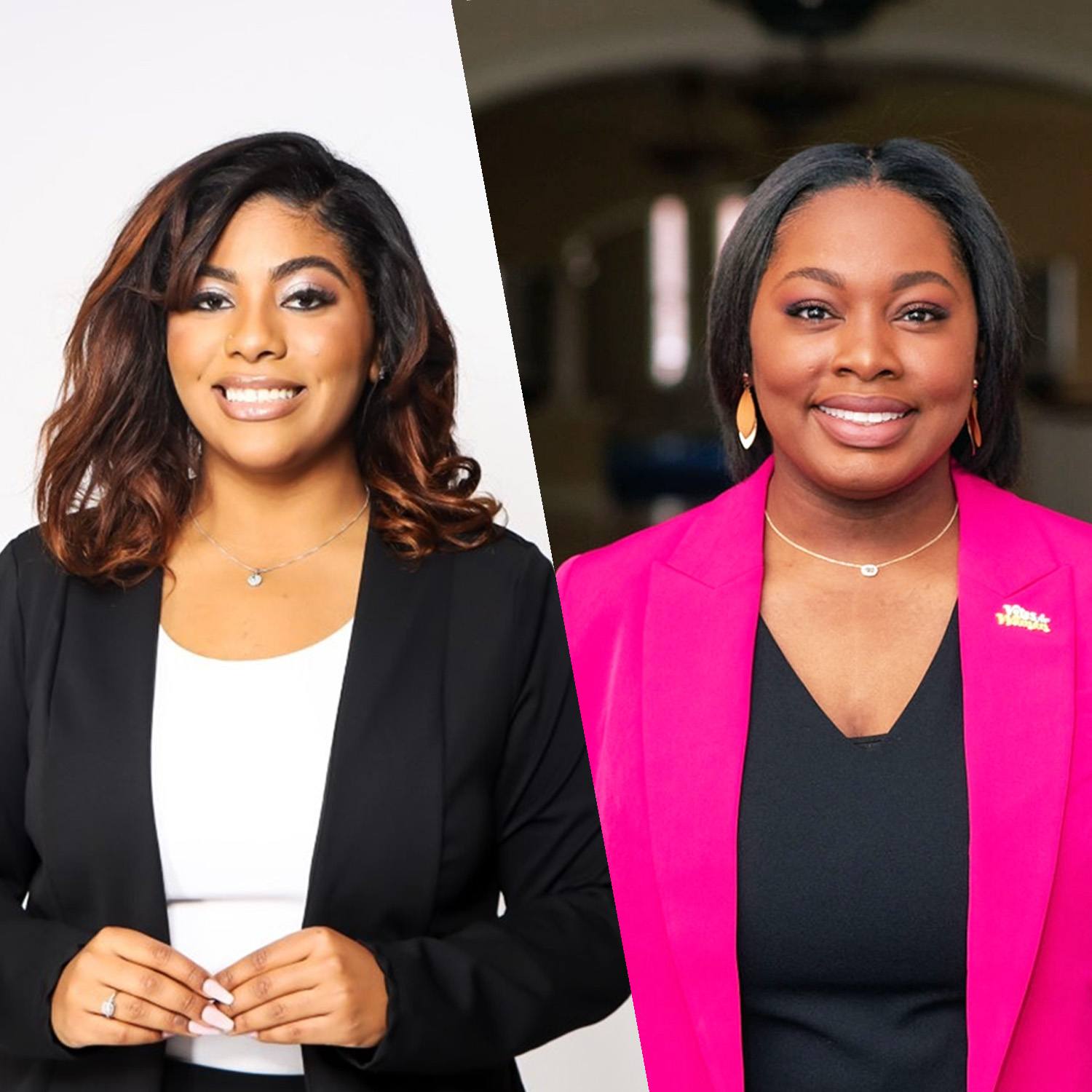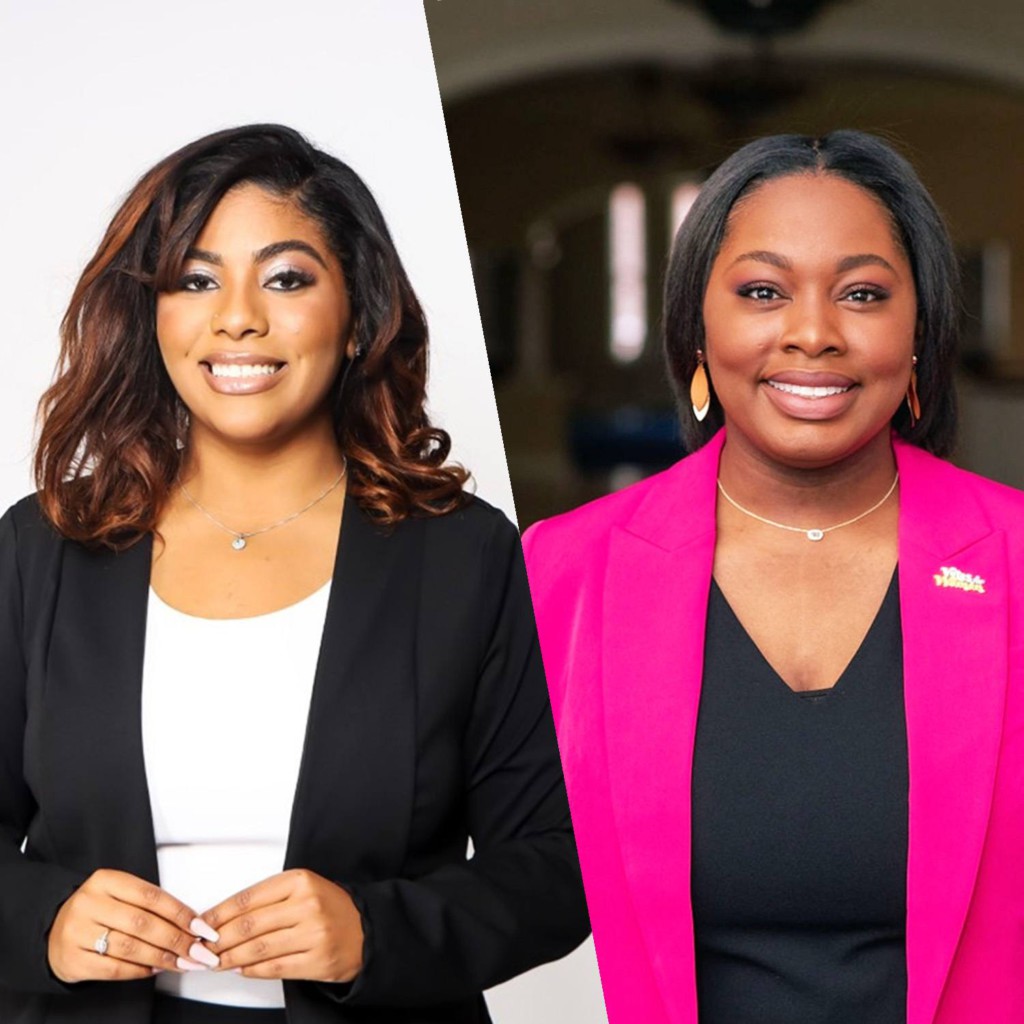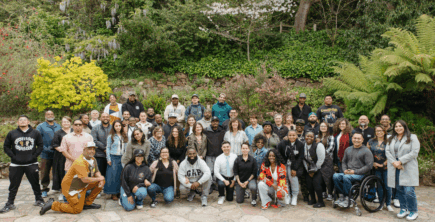
LGBT

It has been widely reported that nonprofit leadership is not reflective of the diverse population of the U.S. In fact, the Urban Institute reported in 2021 that just 21 percent of executive directors and board chairs are people of color.
To support its students learn about the business of philanthropy and gain the experience necessary to serve as leaders in nonprofit management, Bowie State University, the oldest historically Black university in Maryland, launched a philanthropy fellowship program. Tides is proud to create space and opportunities for the next generation of Black social change leaders to learn about best practices in strategic philanthropy and social impact through this fellowship.
Philanthropy is not a field that is dominated by people of color. And so, putting the power into the hands of people of color to make change and dismantling the white savior stereotype, I feel is really powerful, and something I hope continues.
Johnson on how she thinks philanthropy can affect social change
In this interview, Erwin Acox Jr., Tides’ director of Justice, Equity, Diversity, and Inclusion, sits down with fellows Stephanie Spencer and Jakeya Johnson in honor of Black of Philanthropy Month, which celebrates the contributions of Black philanthropists, scholars, and practitioners to learn more about their experience working with our philanthropy and grants teams.

Stephanie Spencer (left) and Jakeya Johnson (right)
Spencer holds a Master’s Degree in public administration from Bowie State University and Bachelor’s degree in business administration from North Carolina Central University, and Johnson holds a Bachelor’s degree in healthcare management from Western Governors University and is pursuing a Master’s degree in public administration from Bowie State University.
Spencer and Johnson share how Dr. James Hyman, assistant professor of public administration at Bowie State University’s College of Business, and Dr. E. Faye Williams, the President and CEO of the National Congress of Black Women inspired them to pursue careers in philanthropy; ways they believe philanthropy can affect social change; and what they hope to achieve as Black leaders in philanthropy after they complete their fellowships.
My goal now and even later is to collaborate and meet other African Americans in philanthropy. I’m here to help in this small, big change together because none of us can do this on our own. Let’s work together to make change and inspire other African Americans to want to be in philanthropy as well.
Spencer on what she hopes to achieve as a Black leader in philanthropy

LGBT

Corporate Partners

Philanthropy

Read the stories and hear the voices of social change leaders fighting for justice.